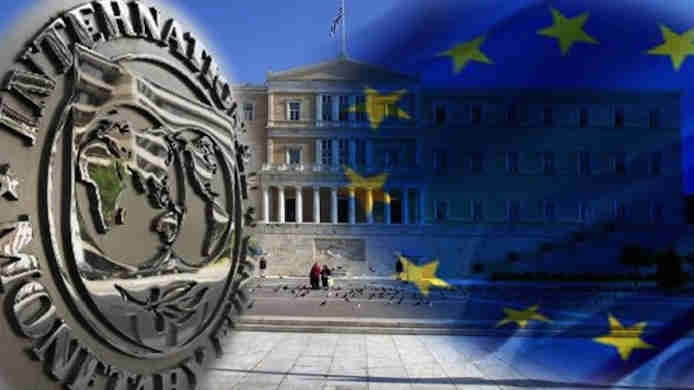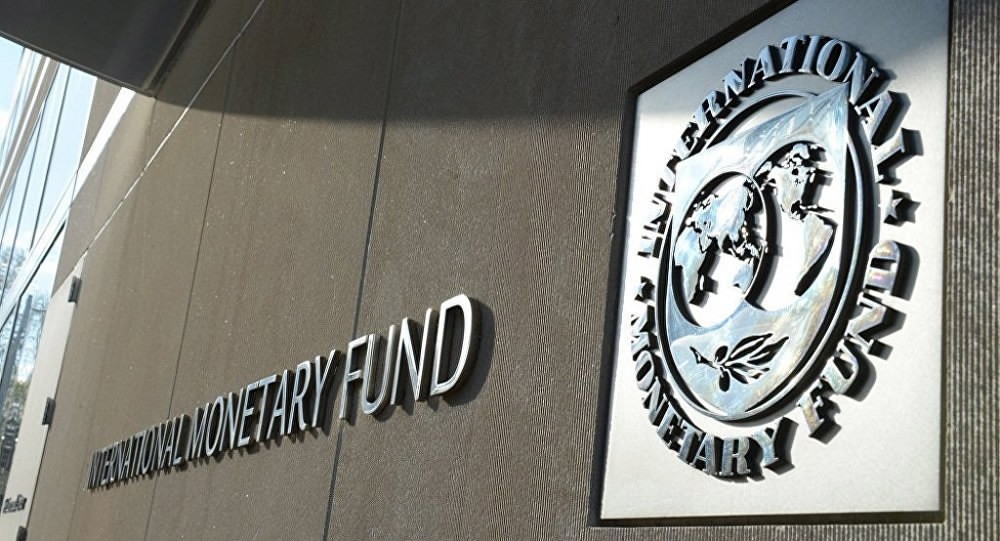
Business
11:49, 21-Jul-2017
IMF approves conditional loan to Greece

Greece got approval for a one-year, 1.8 billion US dollar loan program from the International Monetary Fund (IMF) late Thursday.
The release of any funds, however, was not committed until the eurozone agrees to a debt relief plan, in a highly unusual compromise step.
The approval in principle means the loan "will become effective only after the Fund receives specific and credible assurances from Greece's European partners to ensure debt sustainability, and provided that Greece's economic program remains on track," the IMF said in a statement.

VCG Photo
VCG Photo
Managing Director Christine Lagarde said Greece and Europe would need to agree on a debt plan "soon".
"As we have said many times, even with full program implementation, Greece will not be able to restore debt sustainability and needs further debt relief from its European partners," Lagarde said.
Delia Velculescu, IMF mission chief for Greece, told media that, the sides "agreed today not to set a deadline to avoid setting expectations," if unfulfilled, could create "deep market disruptions."
But she said there has been "good progress" made in the talks between Athens and Brussels. Once a debt plan is in place for Greece, the IMF board will have to give its approval once again to release any funds.
The precautionary standby loan will expire on August 31, 2018, shortly after the expiration of the European Stability Mechanism program.

Protesters wave Greek national flag in front of the parliament building in a demonstration, Athens, Greece. /AFP Photo
Protesters wave Greek national flag in front of the parliament building in a demonstration, Athens, Greece. /AFP Photo
The IMF last month announced it would revive the seldom-used option of approving a loan "in principle," to convince eurozone finance ministers to release desperately needed new funds to Greece.
Germany, however, has refused to consider more debt relief unless the IMF participated in a loan program, creating an impasse that lasted for many months.
According to the Financial Times analysis, the IMF continues to view Greece’s debt load as “unsustainable” and papers presented by staff to the board, which was expected to be released later on Thursday, were thought to have laid out what remains a dangerous path to recovery for Athens.
The Greek economy nearly collapsed in 2010 under a mountain of debt, and it had to be bailed out by its eurozone partners three times to prevent it bringing down the single currency bloc.
(With inputs from AFP)
7630km

SITEMAP
Copyright © 2018 CGTN. Beijing ICP prepared NO.16065310-3
Copyright © 2018 CGTN. Beijing ICP prepared NO.16065310-3